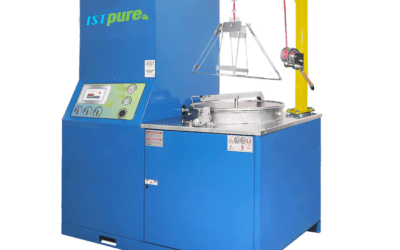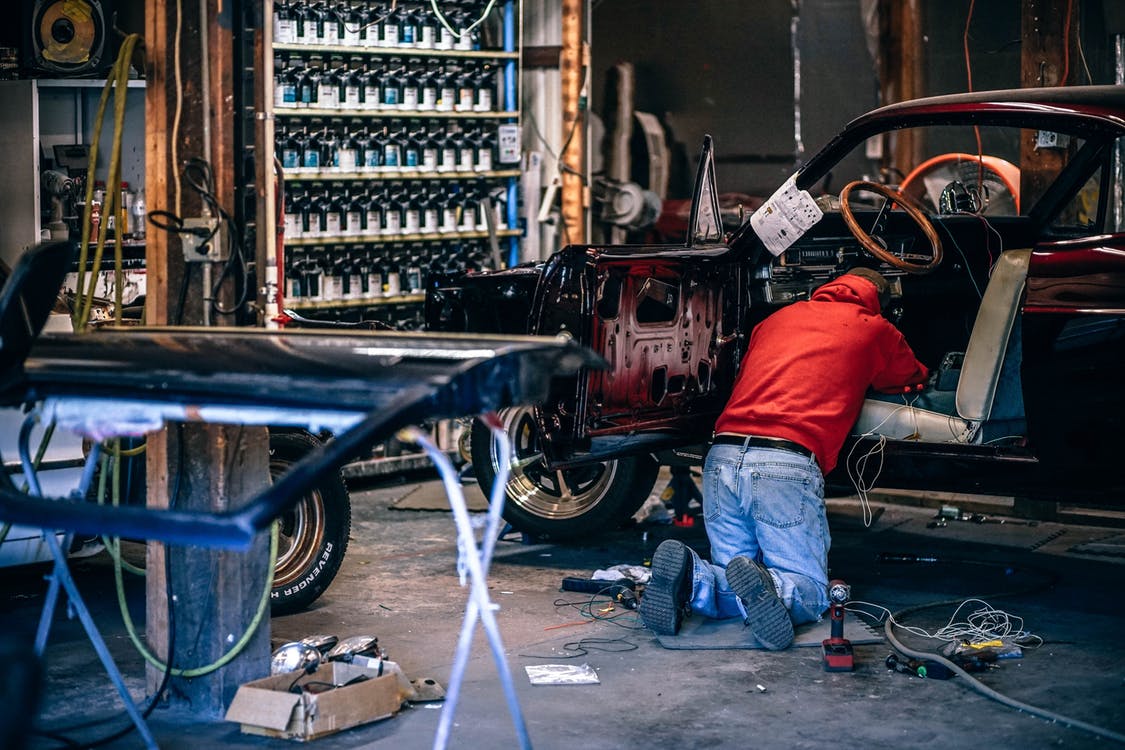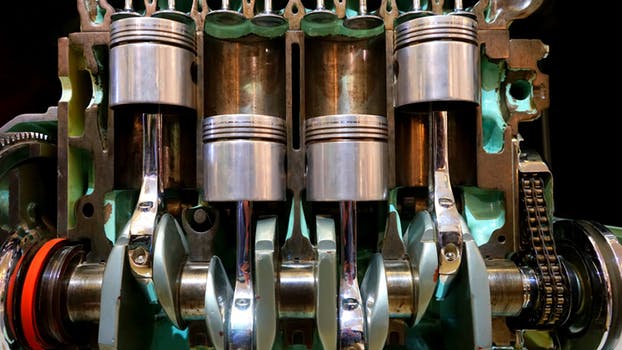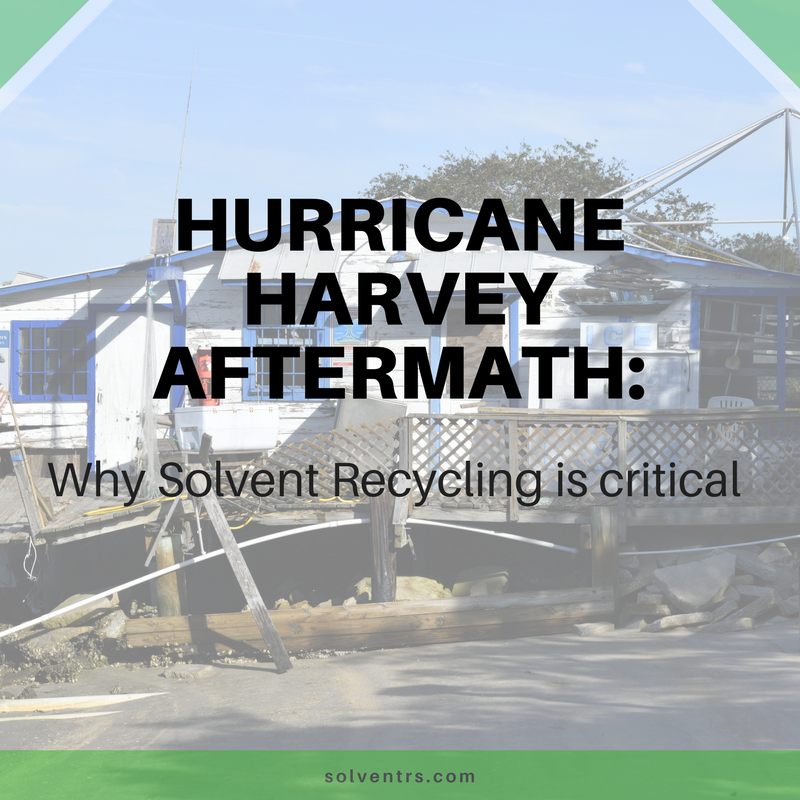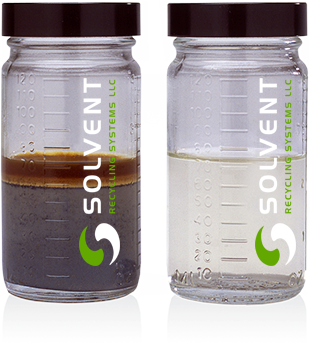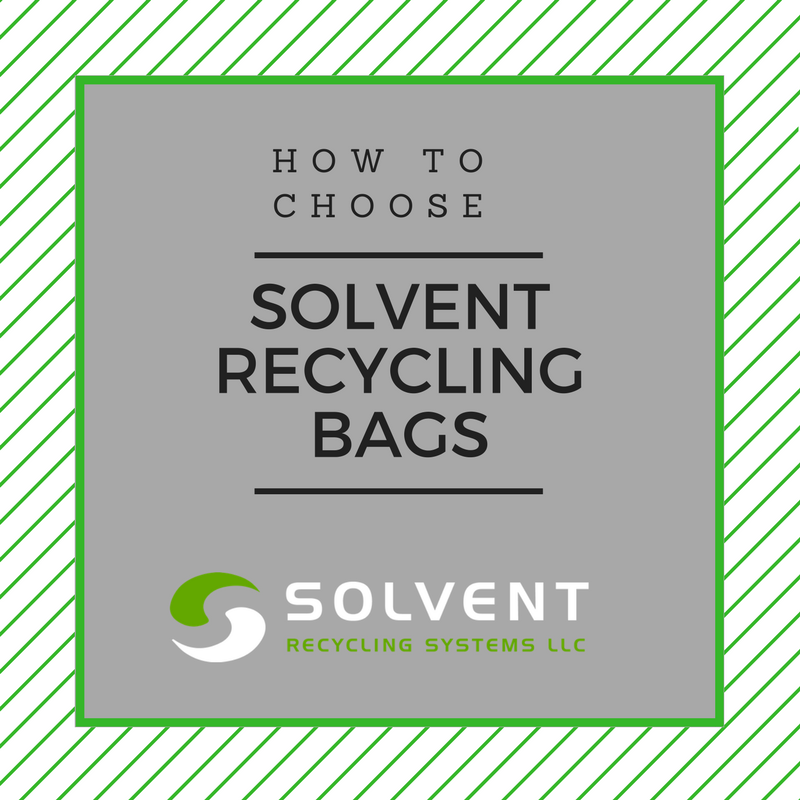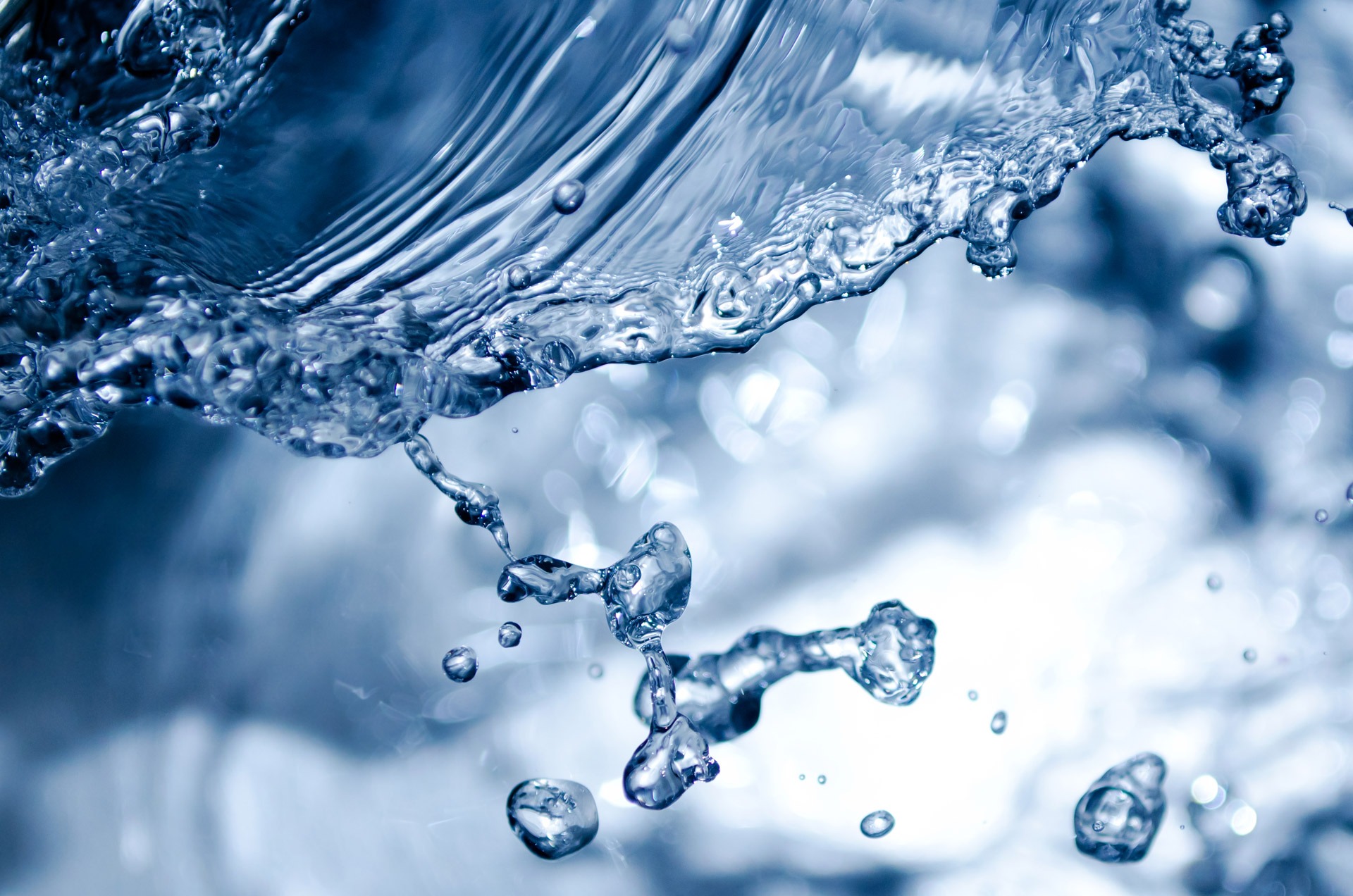SolventRS Metal Tech Blog
List of Chemicals Compatible with the Solvent Recycling
Here is a non-exhaustive list of common solvents that work great with our systems. Flammable Solvents Acetone Alcohol Amyl Alcohol Butyl Alcohol Ethyl Aliphatic hydrocarbons Amyl Acetate Benzol (Benzene) Bottcherin Butanol (Butyl Alcohol) Butyl Acetate Cabinol...
What Types of Solvents Are Recyclable?
The recycling of solvents is a process that can save businesses money, reduce waste, and help businesses become more sustainable. But which types of solvents are best suited for this process? Read on to learn more about the types of solvents that can be recycled in a...
Can used solvent be recycled?
Yes. Mineral spirits solvent recycling is of critical importance. Solvent Recycling Systems works with industrial manufacturers, precision metal fabricators, paints and coatings companies, 3D printing companies and other facilities to recycle solvent for reuse. What...
How to Clean a Spray Gun
In order to maintain performance and shelf-life of paints, it's critical you know how to clean a spray gun. Designed for both automotive and industrial applications, spray guns not properly maintained can result in poorly painted products, extra work repainting on the...
Eurocorr Recap: Traditional vs. Bio-based Rust Preventative
Eurocorr 2017 recap: Experimental testing of biobased and petroleum-based rust preventatives The European Corrosion Congress (EUROCORR) recently held a presentation in front of six hundred delegates on the benefit of bio-based corrosion protection of metal components...
Top 3 Reasons to Use Cortec’s Anti Corrosion Films
Rising losses due to corrosion is a chief area of concern for end-use industries such as power generation and automotive & transportation. It's also the primary reason for the increased demand for anti corrosion coatings. Solvent Recycling Systems is the proud...
How To Prevent Rust Without Oil-based Products
In order to avoid losses from corrosion, it is very important to apply a rust preventative. This article will explore how to prevent rust to protect metal parts awaiting the next step of machining, assembly, or shipment using breakthrough water-based rust preventative...
Cortec Corrosion Inhibitor Bags
Cortec Corrosion Inhibitor Bags are Fully Biodegradable For the utmost product rust protection during storage and domestic and overseas shipments, Solvent Recycling Systems uses certified biodegradable corrosion inhibiting film using Cortec's Eco-Corr®, which contains...
Hurricane Harvey Aftermath Part II: Acetone Shortage
The petrochemical industry was severely impacted when Hurricane Harvey struck the Gulf in August. In the wake of that disaster, we're now left to pick up the pieces and assess the extent of the damage throughout the region—including rising costs solvents like acetone....
Where can I find a MEK solvent alternative?
What is MEK solvent? Looking for a MEK solvent alternative? It's important to first understand its chemical properties. MEK solvent is 100% pure butanone, or MEK, short for Methyl Ethyl Ketone, is a solvent for thinning specified coatings –...
Can I recycle mineral spirits after cleaning transmission parts?
Yes. Solvent Recycling Systems can recycle mineral spirits for cleaning transmission parts by using on-site distillation systems. Mineral spirits is a solvent commonly used for part cleaning because of its ability to quickly dissolve oil, grease, dirt, grime, burnt-on...
How Do I Recycle Mineral Spirits Klean Strips?
Whether you’re working with paint, varnish, stain or epoxy, mineral spirits Klean Strips are an excellent line of solvents and thinners for project clean-up, allowing you to work faster and perform better. But did you know that these solvents and paint thinners can be...
How to Determine Your Hazardous Waste Generator Status
In the following post, we'll explain how to determine your hazardous waste generator status by calculating the amount of spent solvent that should be counted towards the amount of hazardous waste generated in a month, as governed by the EPA. (see pdf link below)....
5 Things to Know Before Buying a Parts Washer
The following information includes tips, best practices, and statutory and regulatory requirements found in the Illinois Environmental Protection Act and Title 35 of the Illinois Administrative Code, which will help to guide you in buying a parts washer. 1. Know your...
Which of the following is not considered a hazardous waste?
5 Step Guide to Determining if your Solid Waste Becomes a Hazardous Waste Under The Resource Conservation and Recovery Act (RCRA), which governs the proper management of hazardous waste and non-hazardous solid waste under the EPA, a solvent must first be classified as...
Hurricane Harvey Aftermath: Why Solvent Recycling is Mission Critical
Hurricane Harvey wiped away 40% of the nation's supply of ethylene, arguably the world's most important petrochemical. Solvent recycling is needed now more than ever. A once-in-a-1,000-year flood across the Gulf of Mexico is proving to have ramifications on the entire...
Affordable MEK solvent recycling
What is MEK solvent? 100% pure butanone, or MEK, short for Methyl Ethyl Ketone, is a solvent for thinning specified coatings – particularly gums, resins, cellulose acetate and nitrocellulose coatings, and vinyl films. MEK is widely used in industrial manufacturing...
How does an aqueous parts washer work?
An aqueous parts washer is a safe and effective waste-based solution that, unlike petroleum- based solvents, are typically non-flammable and contain little or no VOCs. It is an alternative to solvent parts cleaning and eliminates the need for harmful cleaning...
How to Choose a Solvent Recovery Bag
What are solvent recovery bags? There are many factors to keep in mind when choosing a solvent recovery bag. Also known as solvent recycling bags, solvent recovery bags or liners are used in applications where there are numerous solids in the contaminated solvent (for...
How Does a Solvent Recycling Machine Work?
When it comes to eco-friendly solvent recycling solutions, not all solvent recycling machines are created equal. What really matters is how much solvent can actually be recycled, and what savings can be achieved by the solvent process. Why is solvent recycling so...
Recycling Solvents for Paint Gun Cleaning
Paint Spray Gun Cleaning and Solvent Recycling Paint thinner, mineral spirits, and other solvents are often used for paint gun cleaning because of their ability to quickly dissolve paint residue in small openings. These solvents contain toxic compounds that present...
A primer on mineral spirit uses
Mineral spirit uses are widespread. But how do the solvents compare, and how do you properly select one vs. the other? First, let's separate the solvents into the petroleum distillates. Because the most highly used mineral spirits are petroleum distillates, this...
Mineral Spirits vs Paint Thinner – what’s the difference?
What is the difference between mineral spirits vs paint thinner? Mineral spirits are a type of solvent typically used for parts cleaning and machine washing. A petroleum distillate, mineral spirits are often used as a substitute for turpentine, and tend to build up...
Mineral spirits as a degreaser
Maintaining a low-cost and sustainable operation for your degreaser is of vital importance in the effort to offset rising production facility costs. Solvent Recycling Systems can recycle mineral spirits used as a degreaser, including D-Limonene, Paint thinners and...
Recycle Your Mineral Spirits with IoT Solvent Recyclers
Did you know you can recycle and reclaim your contaminated paint thinner? Paint thinner, also known as mineral spirits, can all be reused over and over again to clean oil-based paints and stains. Mineral spirits, a petroleum distillate, are often used as a substitute...

